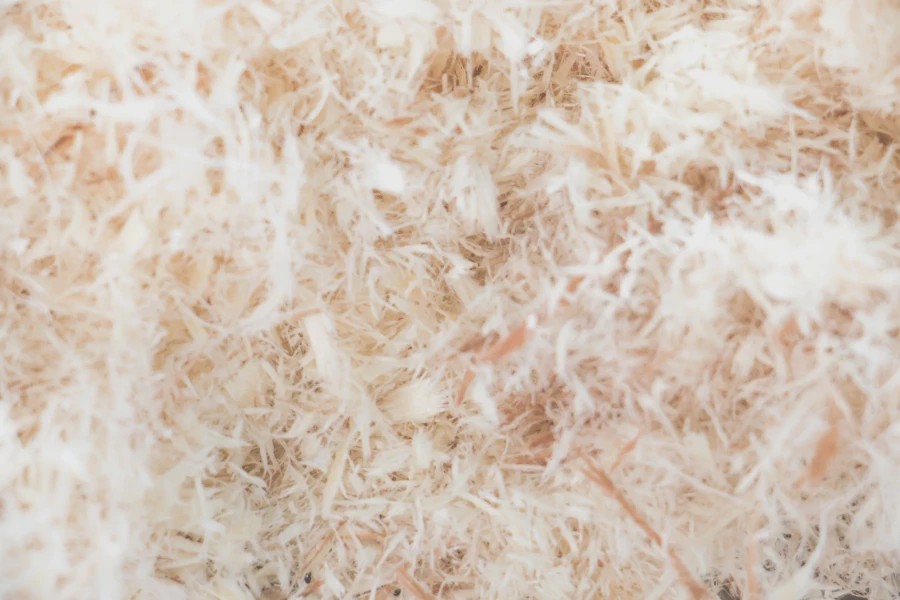Experience with the use of dry-defibered fibrous materials at the Reflex paper mill
Various largely unused streams of waste materials from paper, fiber composites, and composites or from agriculture offer additional potential for securing the raw material supply of a paper mill and further improving the sustainability of its products. However, the valuable fiber sources they contain are only available to a limited extent for paper production due to a lack of processing technologies.
One approach to a solution can be the use of dry-defiberized fiber materials. These can be processed very easily into homogeneous and consistent quality from wet-strength or difficult-to-defiber recyclables, agricultural by-products or fiber composites.
To counteract this processing deficit, TBP Future GmbH has developed a dry processing method that can gently break down such products into individual fibers. This makes dry processing technology an excellent energy-saving tool for recovering valuable fibrous materials. In addition to the economically and ecologically important aspect of fiber recovery, dry pulping also offers the possibility of fiber modification and thus the targeted improvement of product properties. The technology is also suitable for processing natural fibers for paper production, thus utilizing their potential for modern specialty and packaging paper production.
The presentation will give a brief overview of the principle, the technology and the performance of dry fiberization, which has already been proven in numerous industrial applications. In addition, the focus will be on experiences with the use of dry fibers in various fields of application. In addition, different possibilities are described for testing alternative raw materials and raw material sources for your own applications or for integrating them into your own raw material concepts, thus convincing yourself of the process and quality stability as well as the economic efficiency of dry-pulping technology.
The example of Reflex GmbH is used to present initial experiences with the use of dry-defibered raw materials in the laboratory and in production. The focus is on explaining the technological and economic potential that can be exploited by using dry-defibered pulps in the production of packaging and specialty papers. In this context, the results of the production and processing of paper from hemp straw that has been dry defiberized are explained. In addition, the importance of creating regional material cycles for a secure supply of raw materials is discussed.
